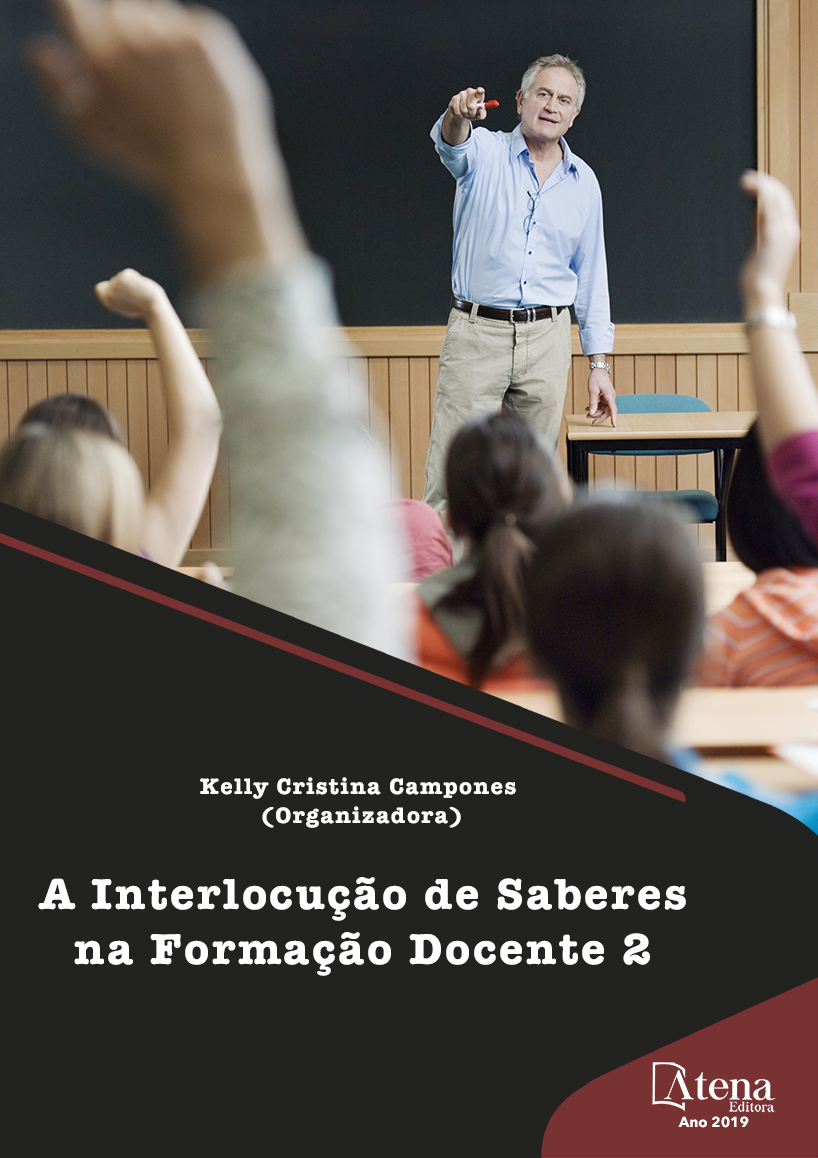
O APRENDENDO A APRENDER E AS INFLUÊNCIAS DO MUNDO DO TRABALHO NO PROCESSO FORMATIVO ESCOLAR
O presente estudo caracteriza-se
como uma revisão de literatura, que objetiva
refletir criticamente a respeito da matéria
“Aprendendo a aprender”, publicada no
jornal O Diário da cidade de Maringá (PR).
Entende-se que os modos de produção da
sociedade capitalista sempre tiveram como
finalidade prioritária moldar os sujeitos para
manutenção das relações de desigualdade
socioeconômicas. Para tanto, a escola
enquanto instrumento utilizado pelo governo e
pelo mercado para garantir a manipulação das
massas não seria diferente, principalmente as
instituições fundamentadas nos organismos
industriais, cujo foco principal justifica-se na
formação de mão de obra especializada e
apta a atender a demanda da indústria. Desse
modo, a metodologia utilizada nas oficinas de
aprendizagens é pautada pelos quatro pilares do
aprender a aprender. Destaca-se que a principal
característica desse modelo pedagógico
sustenta-se no discurso da autonomia do
discente, ou seja, os alunos escolhem o que
aprender e o professor permanece desfocado no
processo de ensino, ele não é visto como aquele
que, com autoridade, instrui os conteúdos que
devem ser aprendidos, por meio do currículo
escolar. Dessa forma, esses tipos de escolas
aparentam contribuir para a preparação da mão
de obra dos filhos de trabalhadores, mantendo
as relações sociais desiguais, retroalimentando
a sociedade capitalista.
O APRENDENDO A APRENDER E AS INFLUÊNCIAS DO MUNDO DO TRABALHO NO PROCESSO FORMATIVO ESCOLAR
-
DOI: 10.22533/at.ed.33419140824
-
Palavras-chave: Mundo do trabalho. Ensino-aprendizagem. Educação do trabalhador.
-
Keywords: World of work. Teaching-learning. Education of the worker
-
Abstract:
The present study is characterized
as a review of the literature, which aims to
reflect critically on the subject “Learning to
learn”, published in the newspaper O Diário
of the city of Maringá (PR). It is understood
that the production modes of capitalist society
always had as a priority objective to mold the subjects to maintain the relations of socioeconomic inequality. To that end, the
school as an instrument used by the government and by the capital to guarantee the
manipulation of the masses would not be different, mainly the institutions based on the
industrial organisms, whose main focus is justified in the formation of skilled labor and
able to meet the industry demand. In this way, the methodology used in the learning
workshops is guided by the four pillars of learning to learn. It is important to note that
the main characteristic of this pedagogical model is based on the discourse of student
autonomy, that is, students choose what to learn and the teacher remains unfocused
in the teaching process, he is not seen as one who, with authority, instructs the content
to be learned through the school curriculum. In this way, these types of schools seem
to contribute to the preparation to labor of the children of workers, maintaining unequal
relations social, that favor to capitalist system
-
Número de páginas: 15
- Lilian Fávaro Alegrâncio Iwasse
- Rozana Salvaterra Izidio
- João Paulo dos Passos Santos


